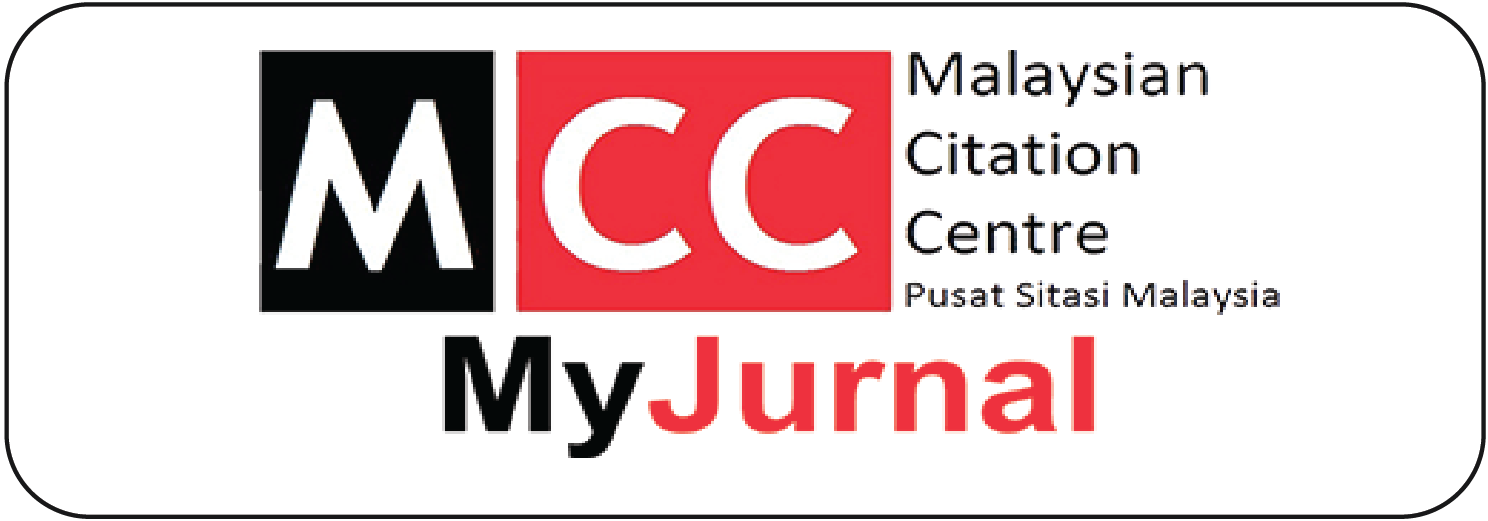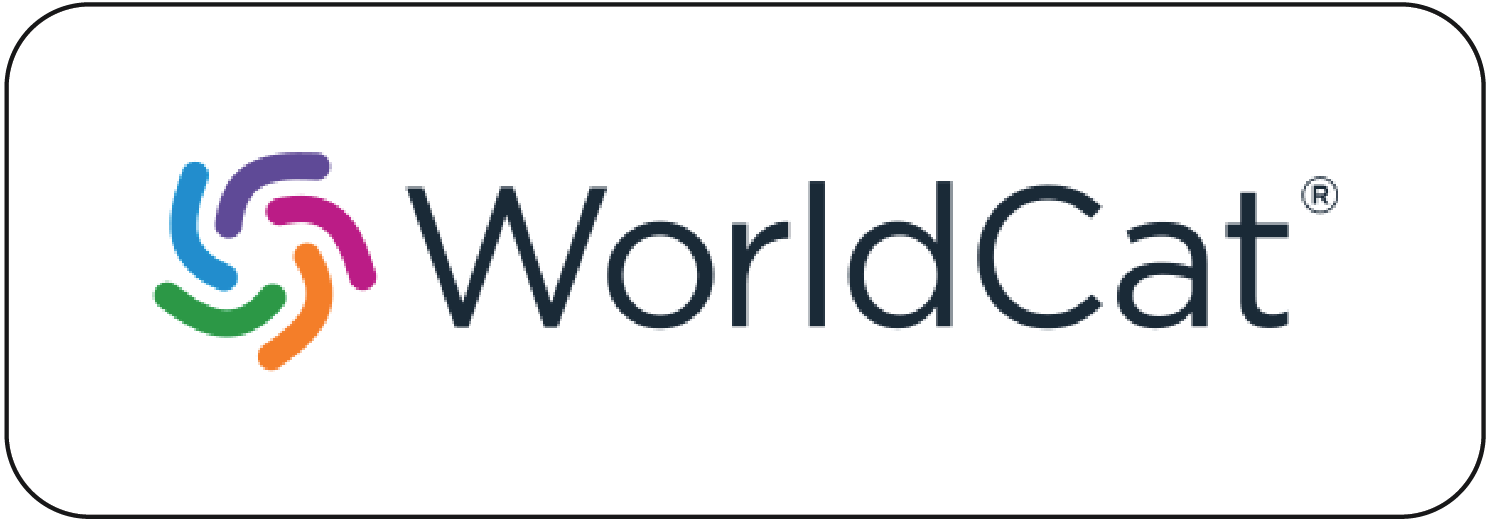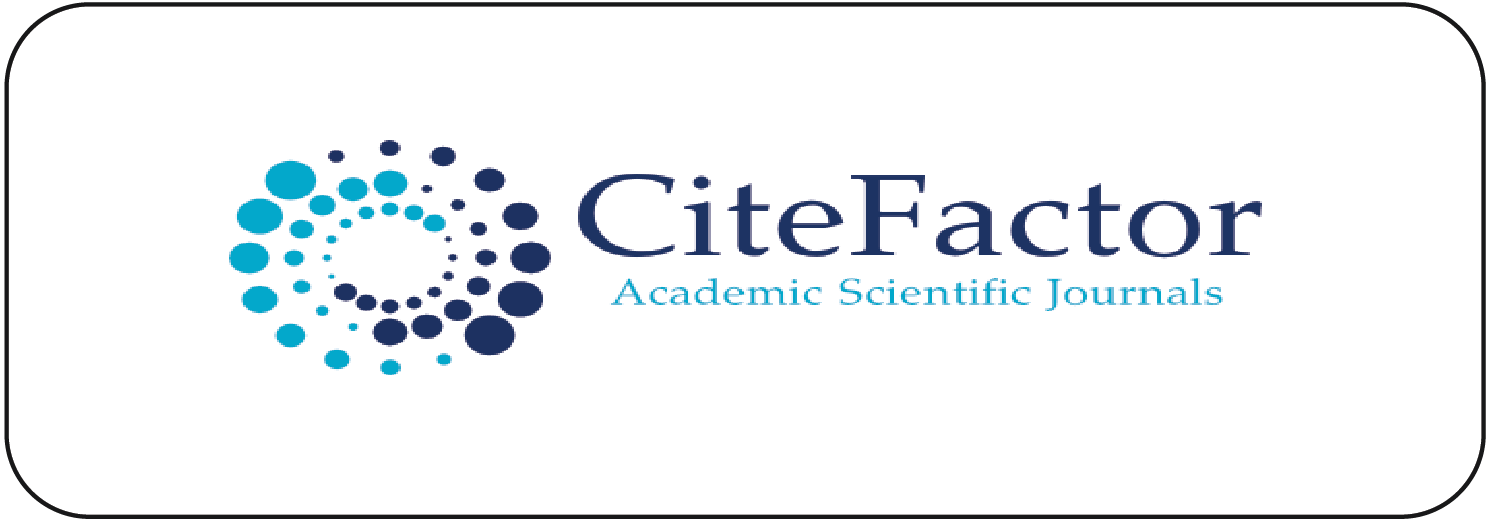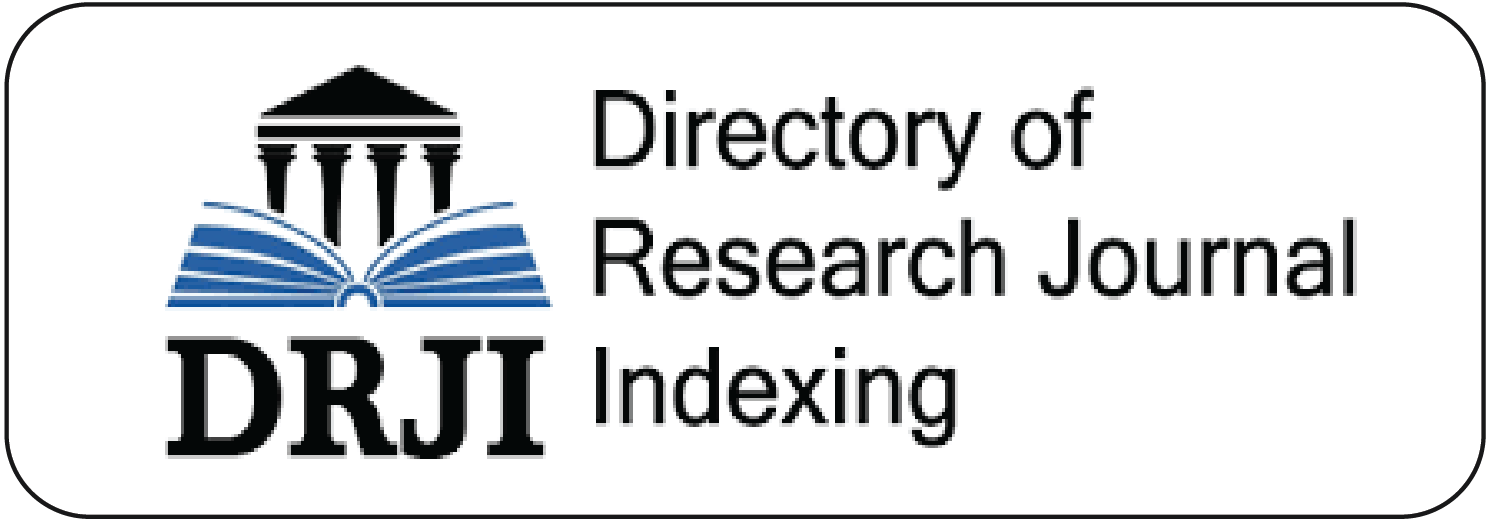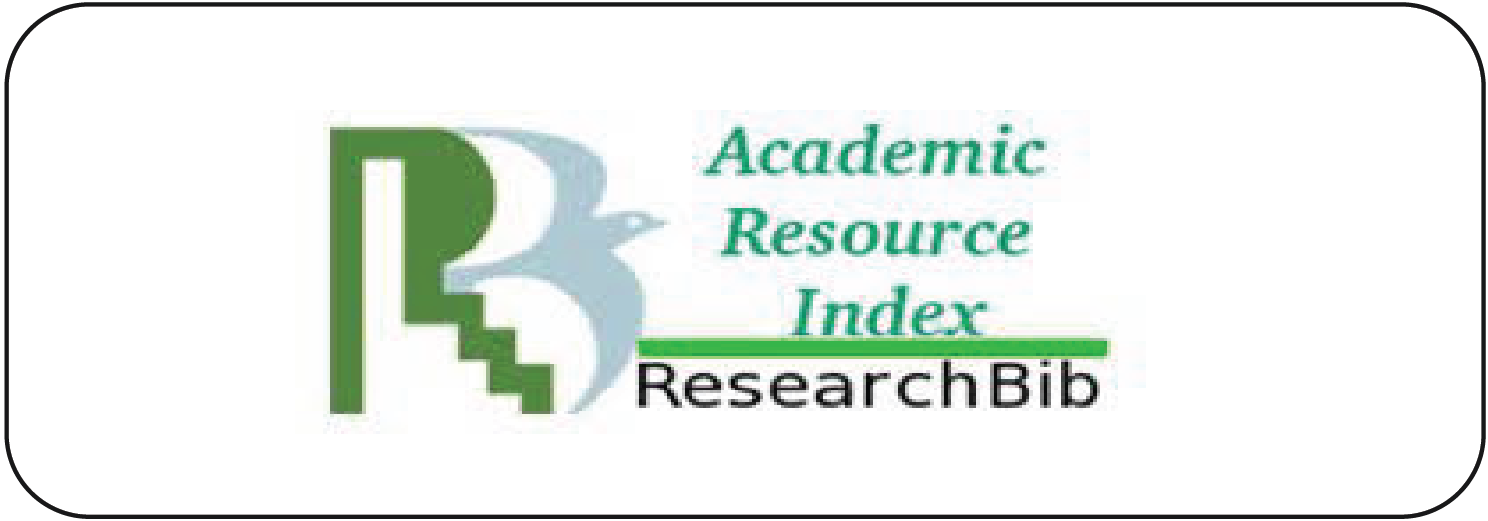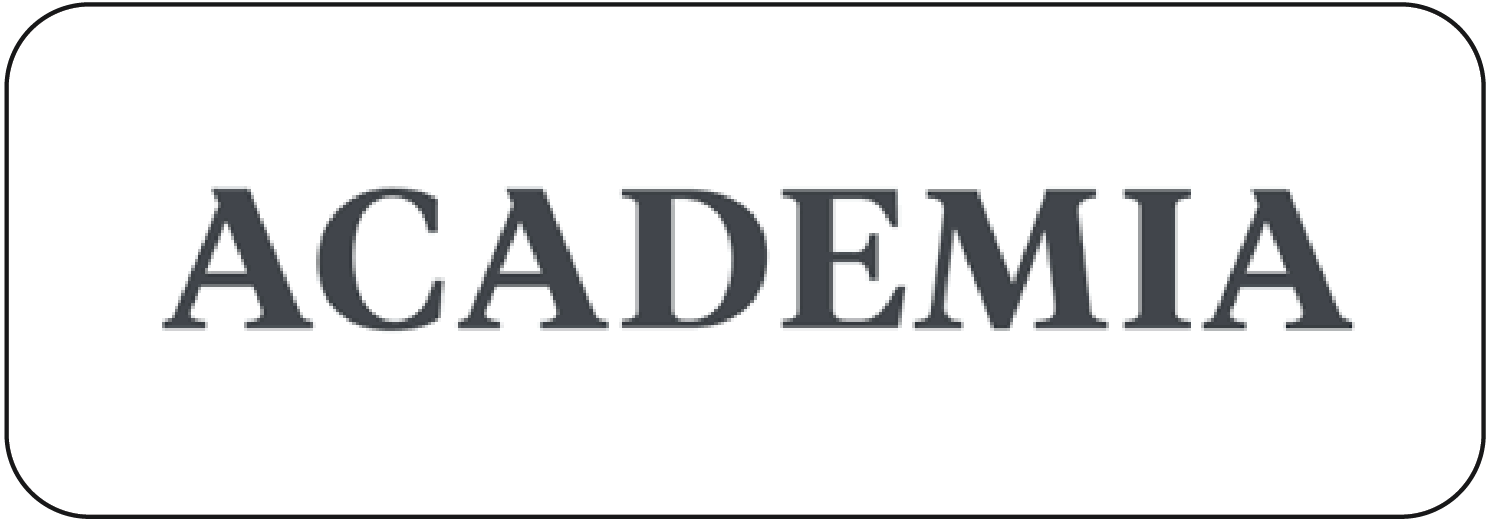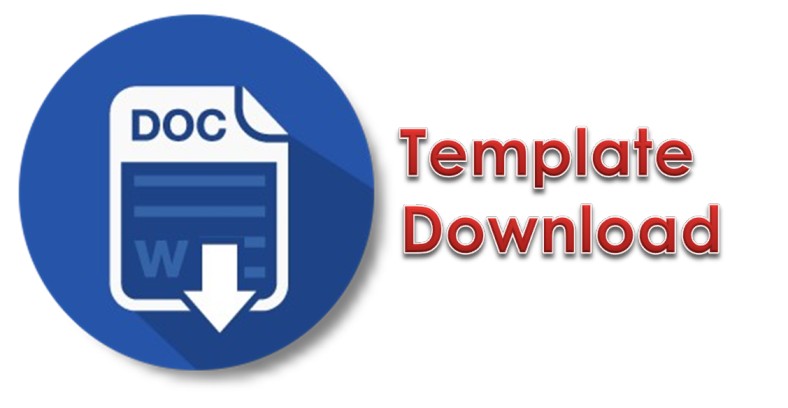The Contribution Of Waqf Institution As A Financial Tool In Addressing Poverty Reduction: Evidence From The Literature
DOI:
https://doi.org/10.51377/azjaf.vol2no2.64Keywords:
Waqf, Poverty, reduction, financial institutionAbstract
The paper reviewed the Waqf literature as a basis to analyze its contribution as a financial tool in addressing Poverty Reduction in Nigeria. The study is purely exploratory that relies on desktop research. The research uses previous studies for the analysis, which include news articles, government publications, and websites. The secondary data were obtained from the Holy Qur’an as the Primary source of Shari’ah (Islamic law), which were used to back most of the arguments put forward for the assessment of Waqf in the study area. The study concluded that Waqf played a vital role in reducing poverty in Nigeria. The study recommends the need of Waqf awareness to be created to enlighten the rich men in the society and also for the government to ensure proper and adequate management of Waqf institution. This will help Islamic value-centric policymakers, regulatory authorities, investors, and researchers to gain an overall insight into the potentials of Waqf as a financial tool in reducing poverty.
Downloads
Downloads
Published
How to Cite
Issue
Section
License
Copyright (c) 2021 Haruna Tijjani Haruna, Abdulrazaq Suleiman Ibrahim

This work is licensed under a Creative Commons Attribution-NonCommercial-NoDerivatives 4.0 International License.








